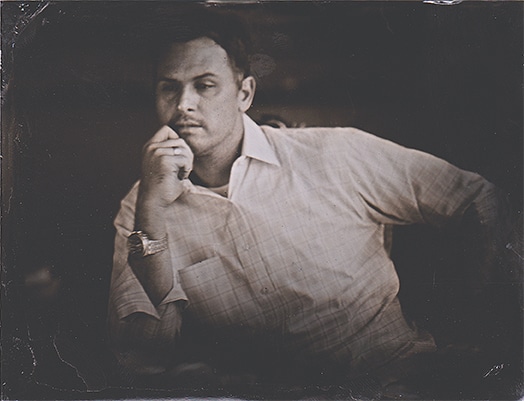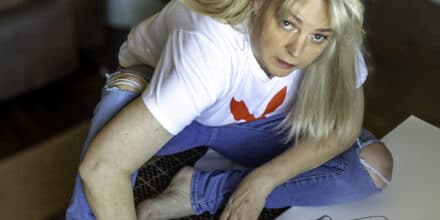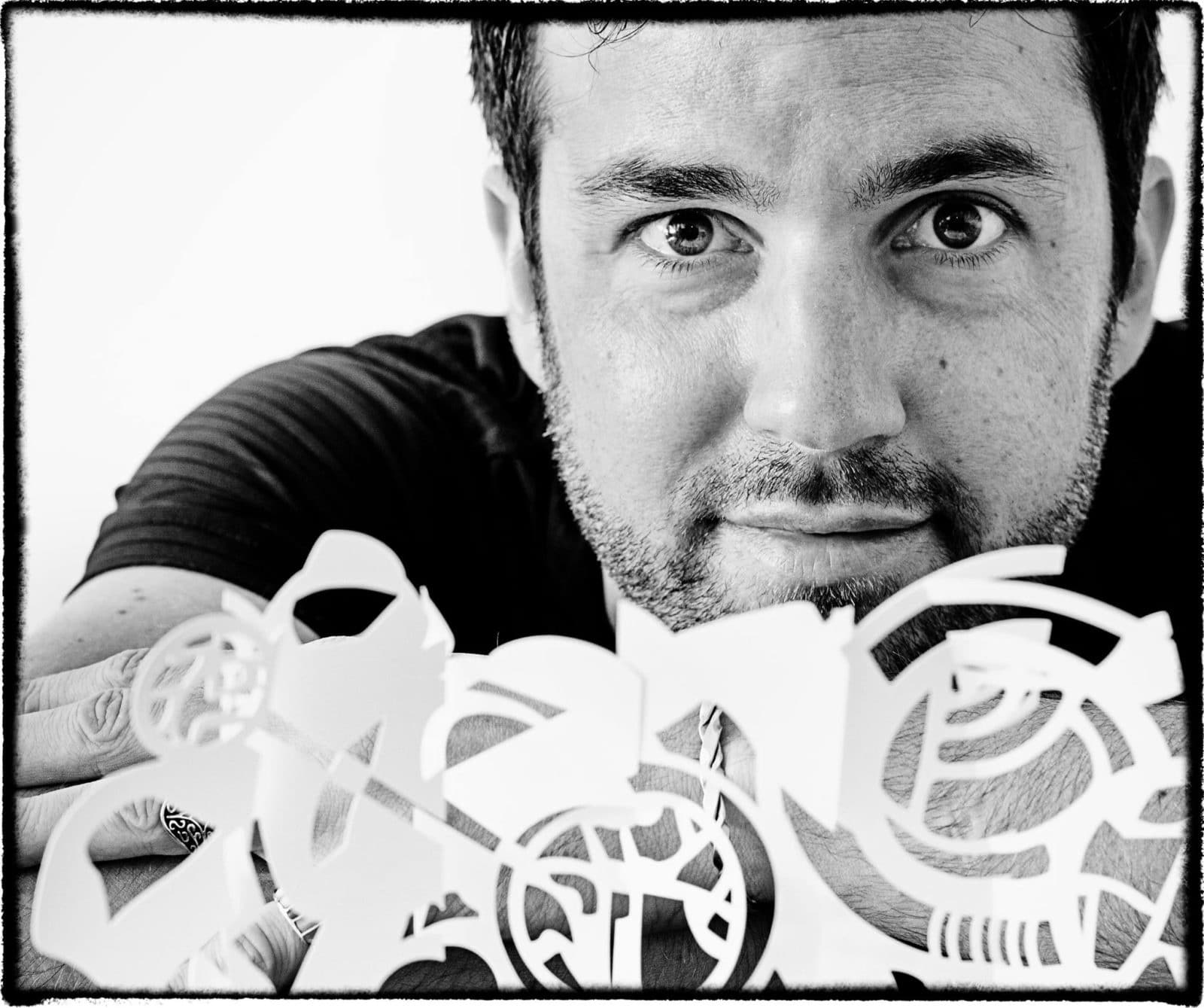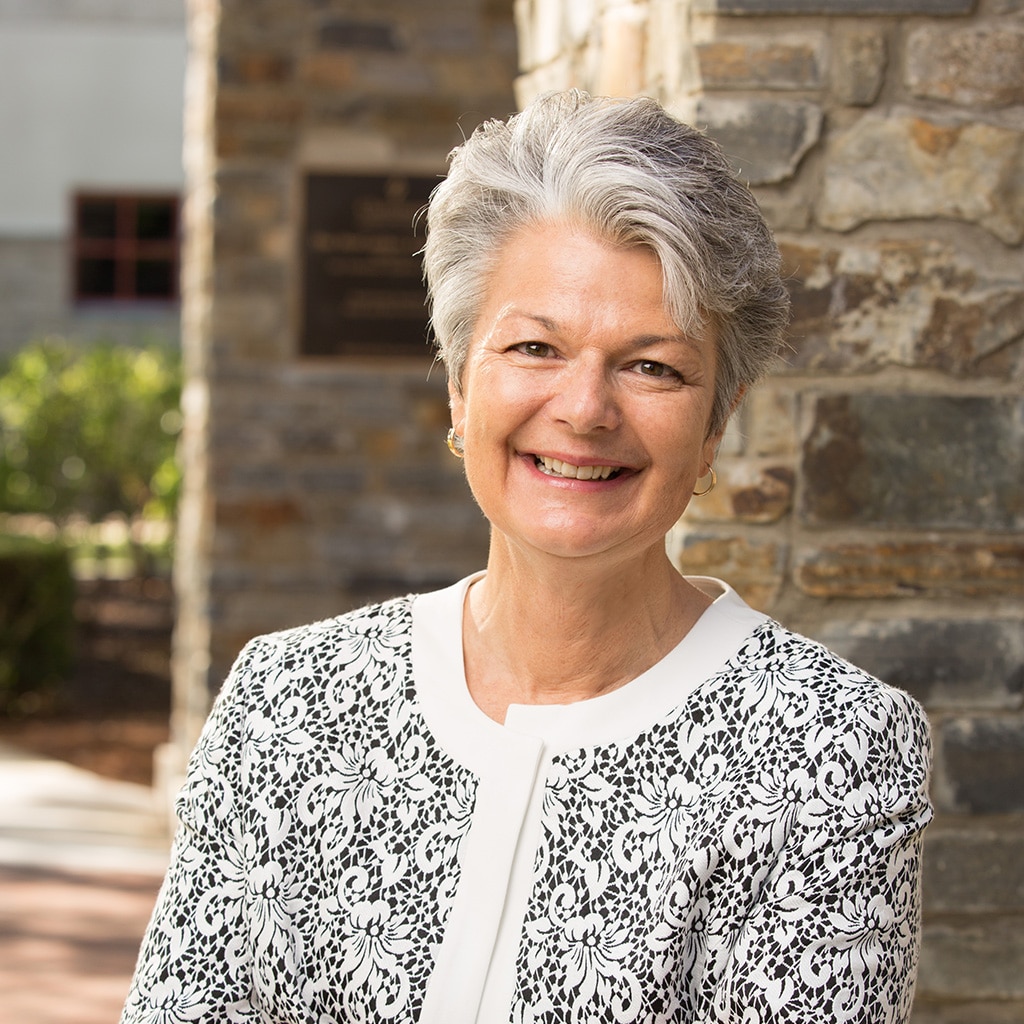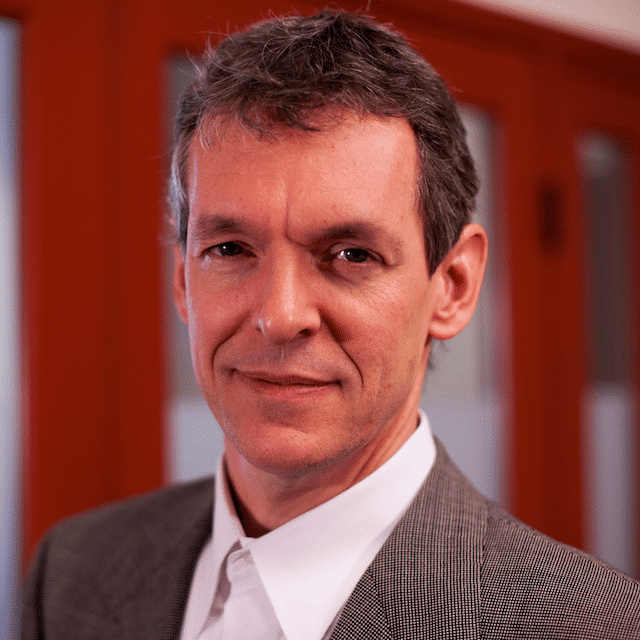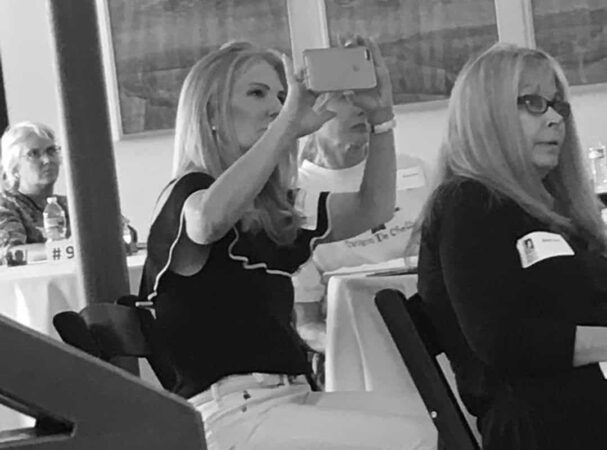Ryan Brown is an artist who works in the naturalist tradition, studying figures, still life, and landscapes. He’s dedicated himself to the methods practiced by the masters of Western European art and has established the Center for Academic Study and Naturalist Painting in Utah to continue this tradition.
In this hour-long show, Ryan talks about his intention to have a long-term art career, how he sustains himself, his current work at the Center for Academic Study and Naturalist Painting, and how he markets and brands his work. Topics Include:
Center for Academic Study and Naturalist Painting:
- Establishing a foundation in the academic tradition of painting
- Importance of developing skills rather than meeting deadlines
- Gaining non-profit status and moving to France
- “Starting a school on my own seemed like the only option because it had to have an infrastructure or a way of organizing it that was more geared to student progress than it was to the machine of the university.”
- “There’s a great amount of discipline and a good training required to work at the highest levels.”
Career Insights:
- “Art is a really expensive profession.”
- “Be clever with how you manage your funds and manage your business and understand that there are ups and downs.”
- “You never want to cut corners when you’re trying to be professional. You always want to use the best materials for shipping and framing frame so it doesn’t get damaged.”
- “As an artist, you’re a small business owner and you’re in charge, you’re the boss, and you have to manage that like any other small business would be managed. You have to keep your books organized, plan for big expenses, and plan for investing in those big projects.”
Marketing as an “Honest Dialogue”:
- “You’ve got to put it out there and you have to find an audience.”
- “If you can develop a social media presence it’s not artificial. It’s a very natural form of marketing because what it allows you to do is just share your perspective on your work.”
- “Marketing is a huge part of becoming financially successful. Even more so, I would say, than good skill development.”
- “My balance is maybe a little offset to doing great work but it absolutely cannot deny the need for marketing it.”
Finding Your Brand:
- “My brand is a non-brand.”
- “Some people want financial success a lot earlier on so their efforts to brand themselves early are more focused in.”
- “If I choose to brand a little bit less I know in the long run, there will be a common thread and the brand will be more recognizable so I have invested in the long game.”
Working with Galleries:
- Starting out, “the only real option that seemed viable was to sell in galleries. That was the epitome of making it as an artist was to get in a good gallery and sell with other good artists.”
- “I knew that I wasn’t doing the quality of work that I wanted so that’s when I went and studied at the Florence Academy of Fine Art and really developed those skills.”
- “The goal then was still to try and make a name in galleries and sell for a good amount of money and gain the respect of my peers and be in big shows.”
- “When I got into it and was selling well and a part of that world I realized that’s not actually my definition of success. Selling well in galleries isn’t the ultimate for me. The ultimate is doing really great work.”
Filler art vs. Fine Art:
- Using sketches as learning tools – sellable ones
- “When I was in galleries I felt like I had to sell it all like it was the most amazing thing. You’re trying to tell the collector they’re getting something of value.”
- “I think a lot about when I’m making them the great works of art I want to emulate and I try to put a lot of those qualities into those paintings.”
- “I do a lot of different works but the purpose behind it is the distinguishing factor.”

